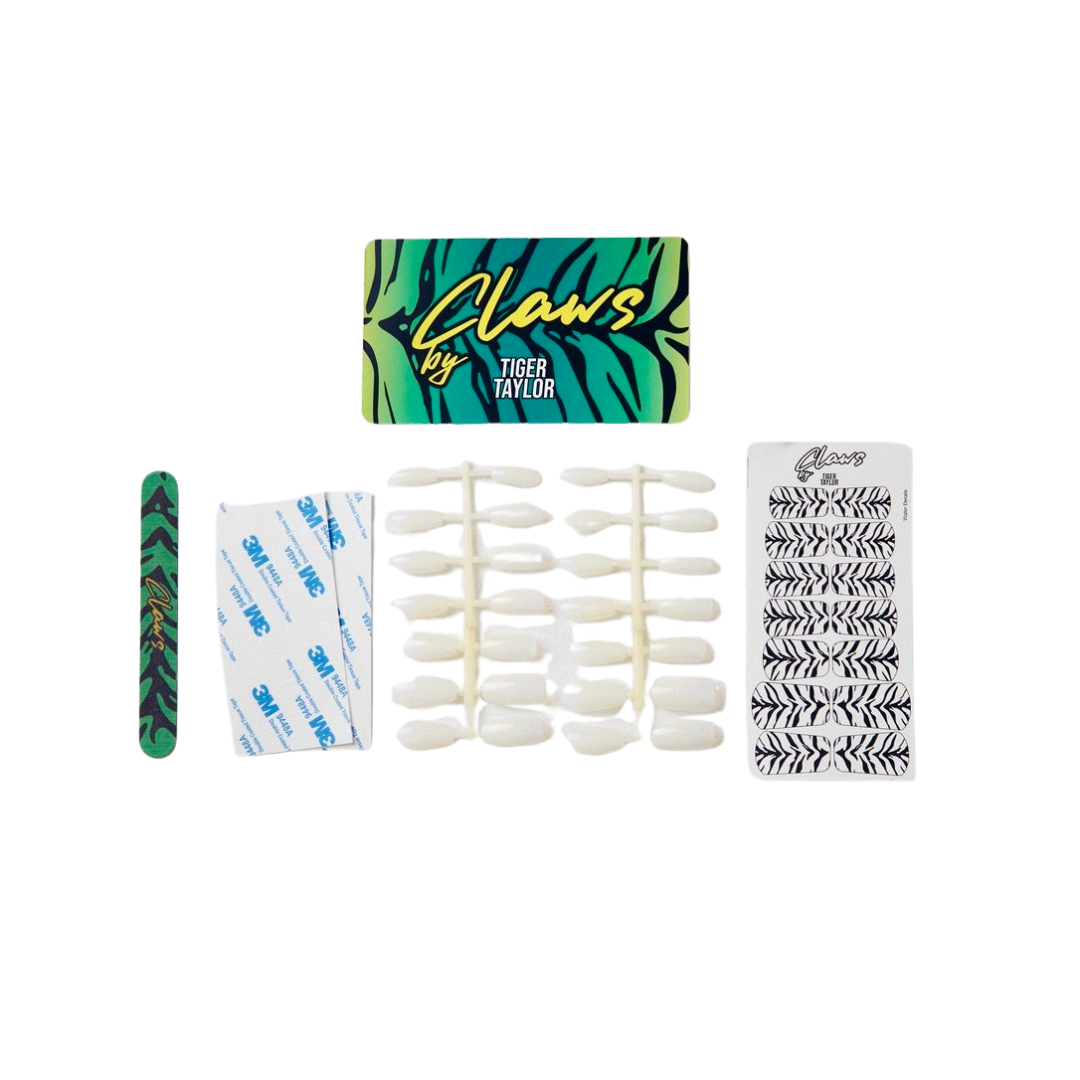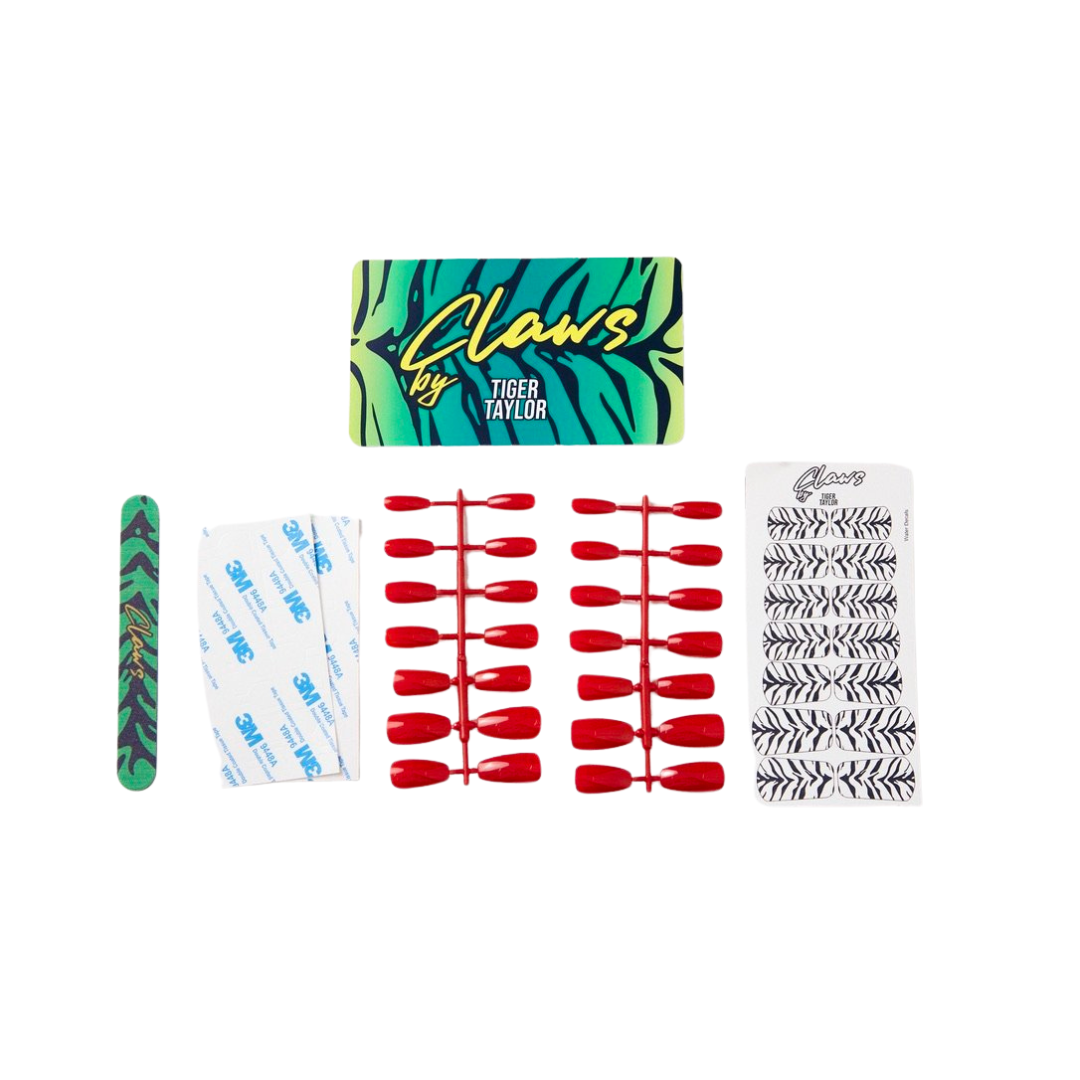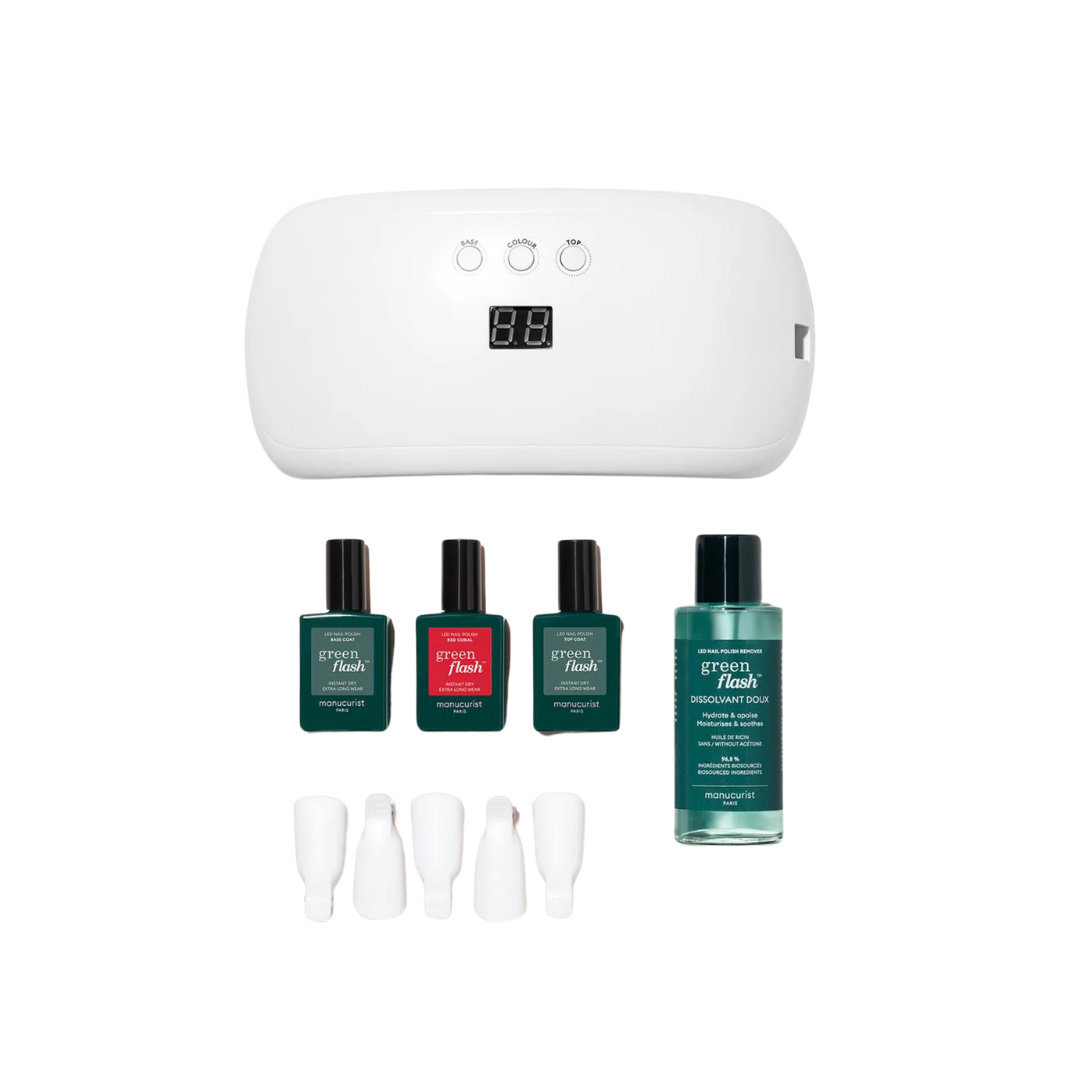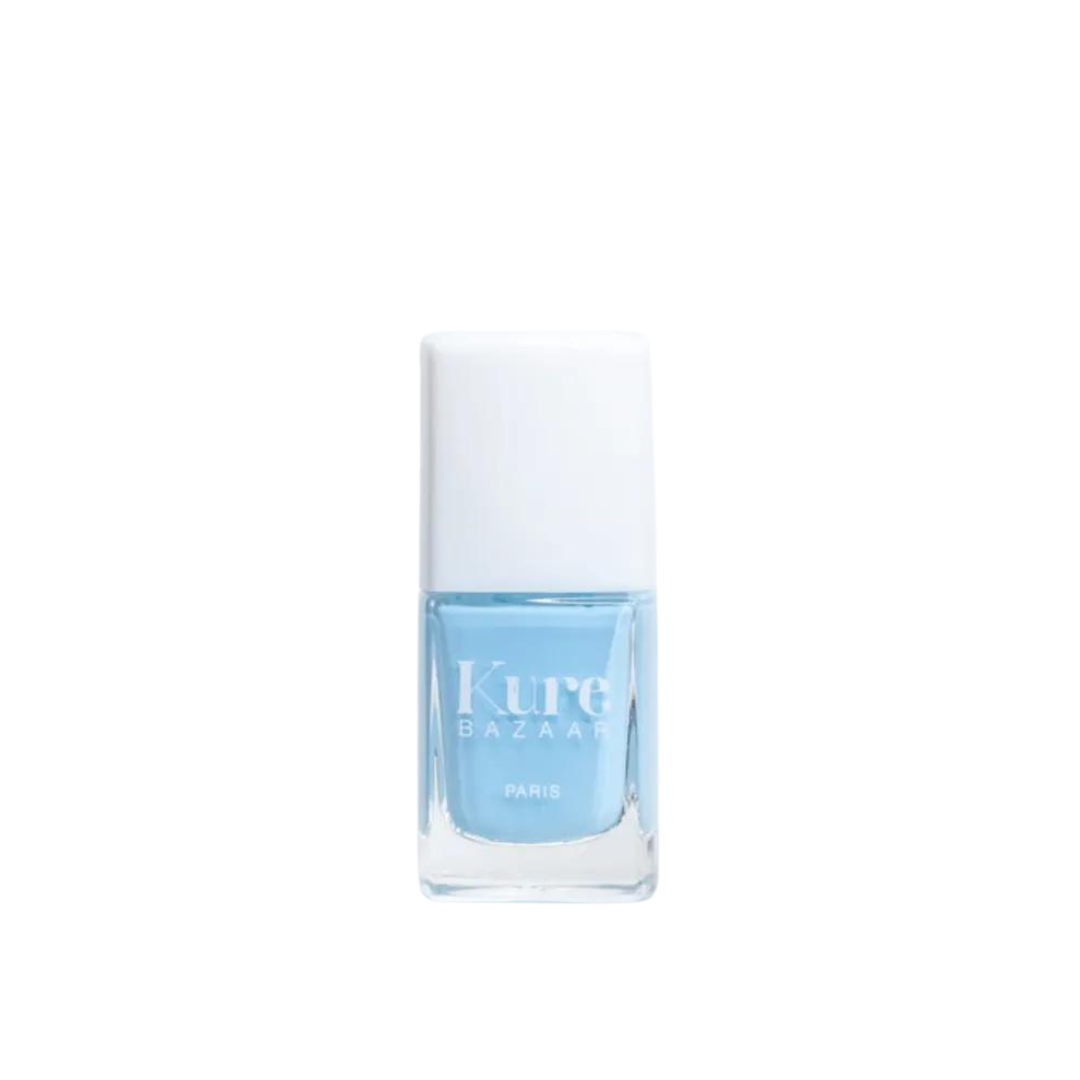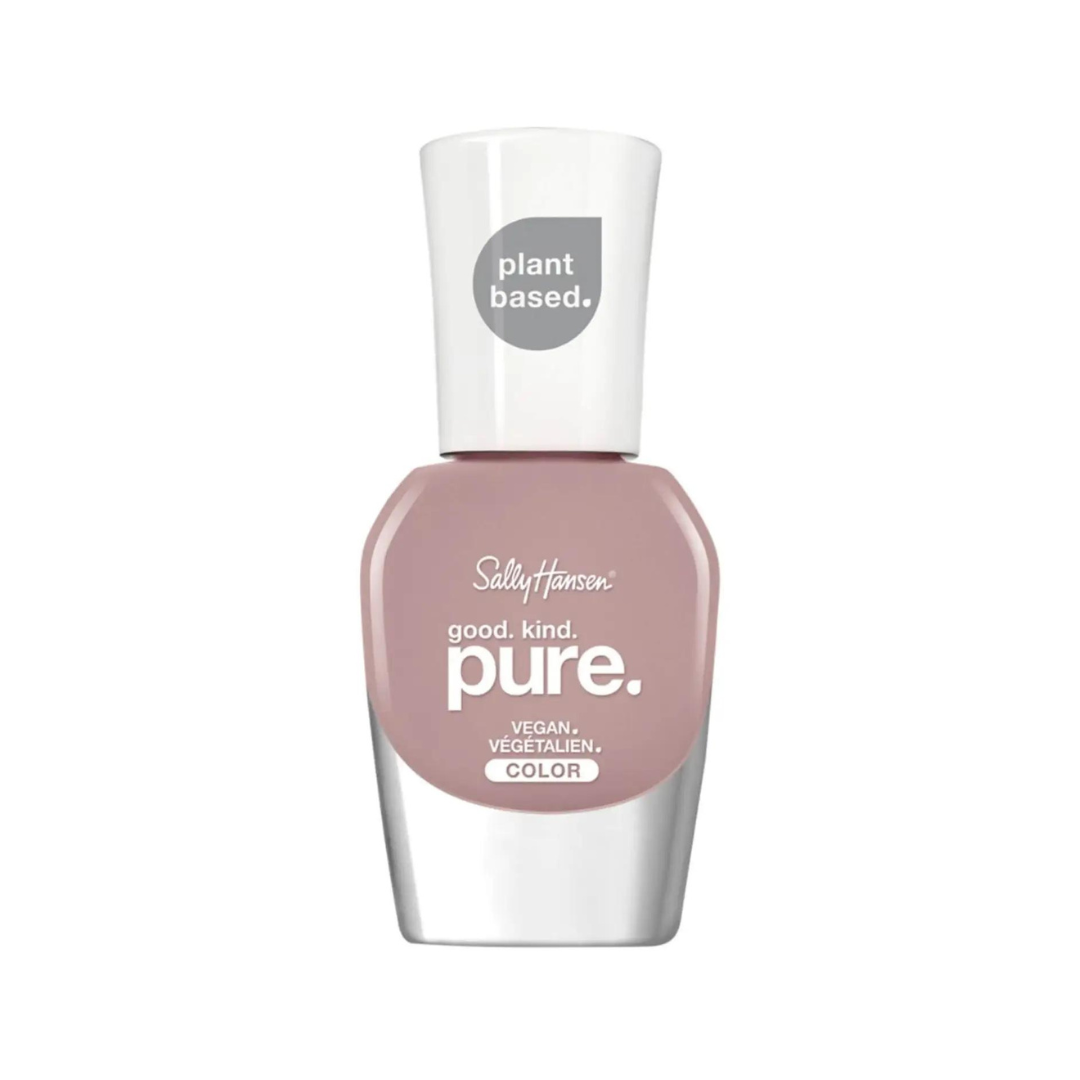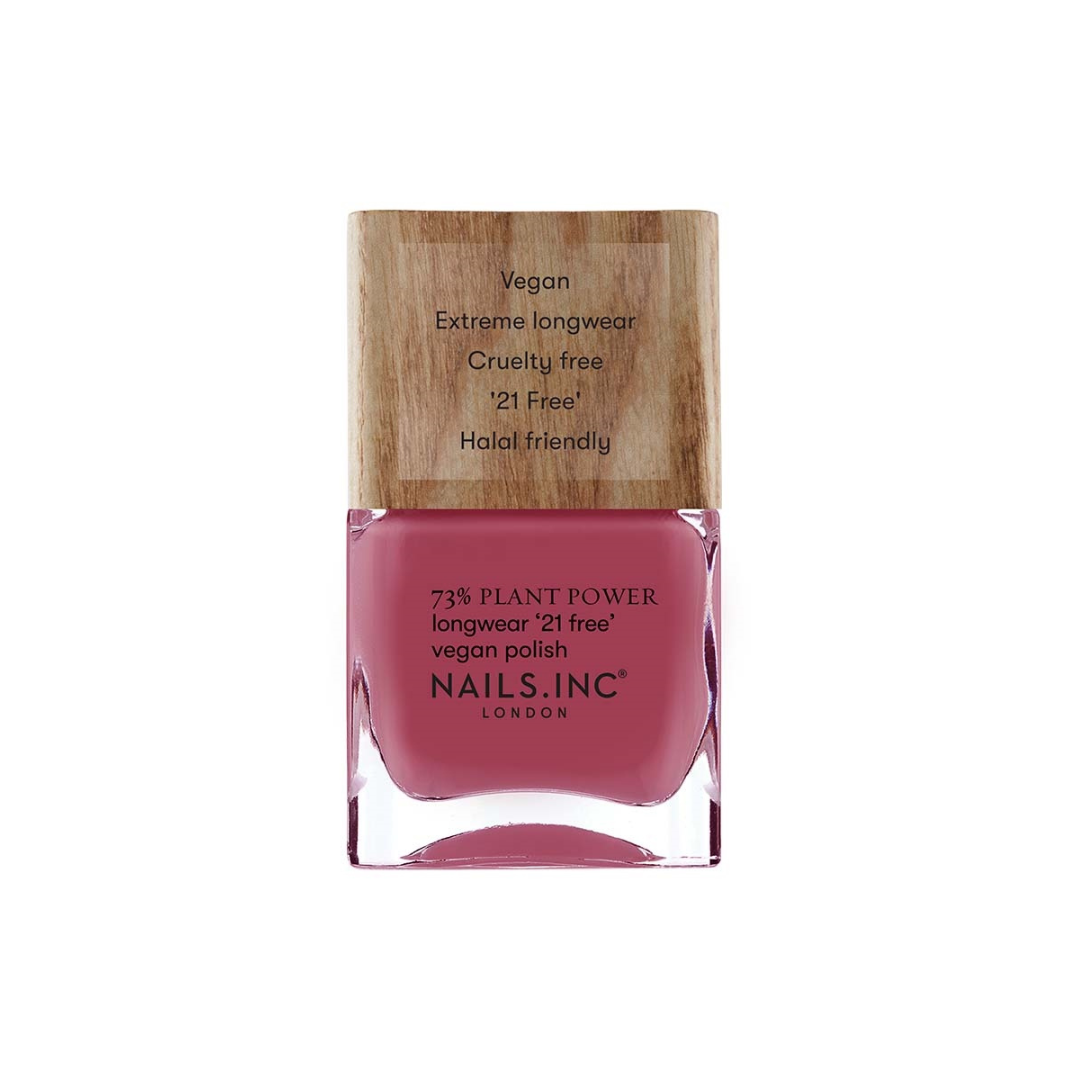The nail industry is far from sustainable—here's how to make your manicure less damaging on the planet
From biodegradable press-ons to plant-based polishes
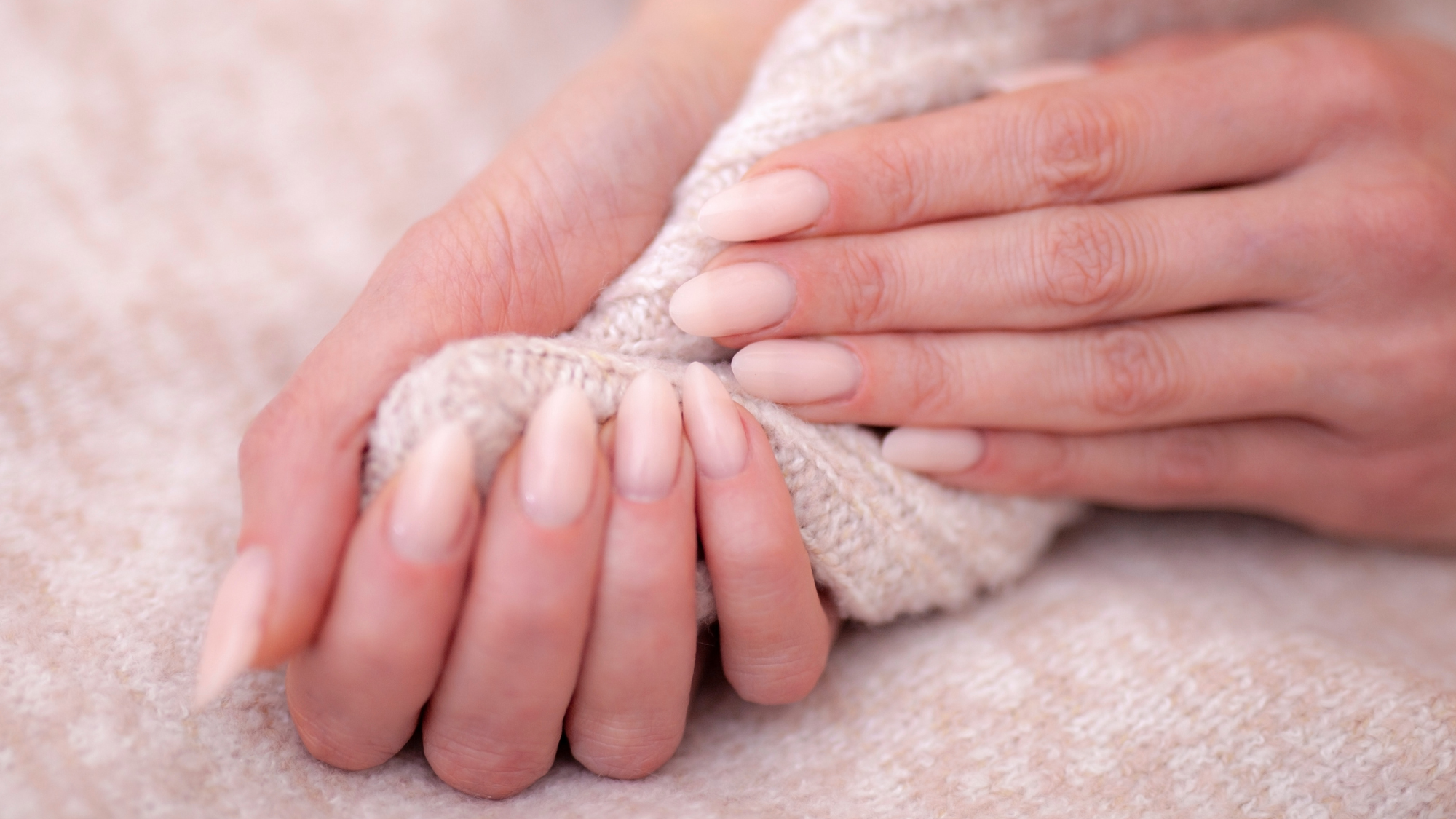
I'm as guilty as any when it comes to not giving my manicures a second thought from a sustainability POV. I've spent years getting gel and BIAB extensions without really considering the implications for the planet. I know: huge beauty-editor fail. But an introduction to a new brand launching the first biodegradable press-ons opened my eyes to the problem in hand recently.
After doing my research, I've realised how important it is to be aware of the sustainability issues in the nail industry. And with current nail trends highlighting just how popular plastic press-ons are becoming (with Beauty Pie's 2024 trend report showing 7,907,169,916 total engagements across popular platforms), it's time we started paying attention and looking at our options.
Is the nail industry 'sustainable'?
Unfortunately, despite largely flying under the radar in recent years, sustainability issues surrounding the nail industry are rife. Think about it: whether you're booked in for your gels or acrylics during a professional manicure, or just stay home and stick to press-ons, much of the materials used in nails (particularly when it comes to any form of extension or longer-lasting formula) is made from either single-use plastic or potentially environmentally-harmful chemicals.
"The nail industry is currently a massive contributor to the plastic issue," notes Tigerlily Taylor, founder of biodegradable press-on brand Claws by Tiger Taylor. "Every part and component of the acrylic or gel process—from the tools to the products—contains different kinds of plastic and also produces micro plastics (tiny fragments of plastic that enter the environment) when applied. This is a massive source of pollution."
One of the main issues is that plastics used in products such as press-on false nails are not recyclable, largely due to their size. "Anything under 5cm is not technically recyclable," explains Tigerlily.
But it's not only plastic that's the issue. Toxicologist, Rani Ghosh wants us to think about the chemicals used in these processes, too. "Press-on, gel and acrylic nails may differ in their chemical composition and application process, yet they share similar environmental concerns," she explains. "None can be deemed significantly better from another from a chemical safety perspective, as all contain chemicals with potential environmental impacts throughout their lifecycle."
Products like traditional press-on nails contain chemicals such as, "acrylate based tough polymers, polystyrene, synthetic resins, adhesives and extra bits like colourants and stabilisers." Unfortunately, these all greatly complicate the recycling process, meaning "products end up piling up in landfills where space is already limited, not breaking down, adding to the existential crisis that is plastic pollution."
Marie Claire Newsletter
Celebrity news, beauty, fashion advice, and fascinating features, delivered straight to your inbox!
These microplastics (and the chemicals they're made from) can particularly cause damage through entering waterways, meaning potential harm to aquatic ecosystems.
A post shared by Claws by Tiger Taylor (@clawsbytigertaylor)
A photo posted by on
How to make your nail routine more sustainable
While this information can seem overwhelming (and make you feel a little hopeless), Rani explains that the best way to work towards a more sustainable routine personally is to start small.
"Look out for brands that are advancing their products by using recycled plastics for press-on nails; it’s a bonus if the nails are also reusable. This not only promotes sustainability but also means fewer replacements and less overall consumption of nail-related materials/products, lessening our collective environmental footprint."
"While these steps may seem modest, their cumulative effect, if adopted widely, will create a substantial positive impact over time."
This is where brands like Claws by Tiger come in. "Claws are the only press-on nails made entirely from plant-based bioplastics," says Tigerlily. "This means that instead of the usual 500+ years it would take for another standard plastic nail to degrade, Claws takes about 2-3 years to fully dissolve when composted."
"With Claws, we have created a press-on nail that does not create micro-plastics when applied—such as with acrylic and gel manicures—and that can be disposed of with the knowledge that they will eventually break down into a combination of CO2 + H2O + Biomass (humus) which is harmlessly consumed by microorganisms in the soil."
The nails are also designed to be re-used, as Rani suggested trying.
Another option is to revert to 'old-school' standard polish, which has continued to evolve. These days, you can buy super long-lasting formulas with high-shine, glossy finishes that look just like gel. And luckily, many are plant-powered and vegan.
Brands like Kure Bazaar, Sally Hansen and Nails Inc all have 'free-from' ranges to shop from, while Manucurist offers gel-length wear with a formulas free from a whole bunch of earth-unfriendly chemicals.
Rebecca is a freelance beauty journalist and contributor to Marie Claire. She has written for titles including Refinery29, The Independent, Grazia, Coveteur, Dazed, Stylist, and Glamour. She is also a brand consultant and has worked with the likes of The Inkey List on campaign messaging and branded copy. She’s obsessed with skincare, nail art and fragrance, and outside of beauty, Rebecca likes to travel, watch true crime docs, pet sausage dogs and drink coffee. Rebecca is also passionate about American politics and mental health awareness.
